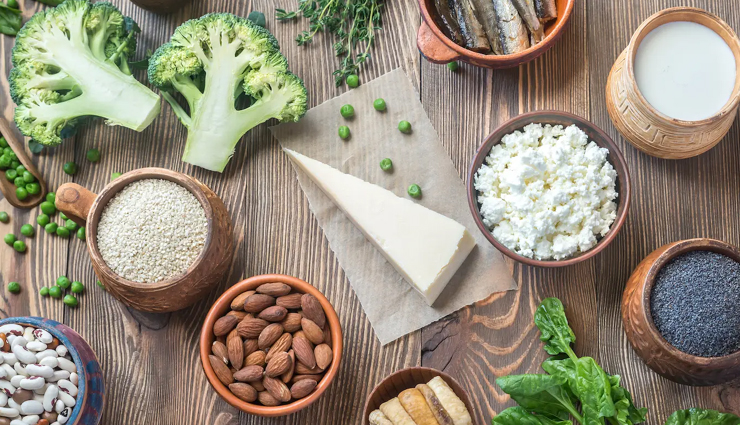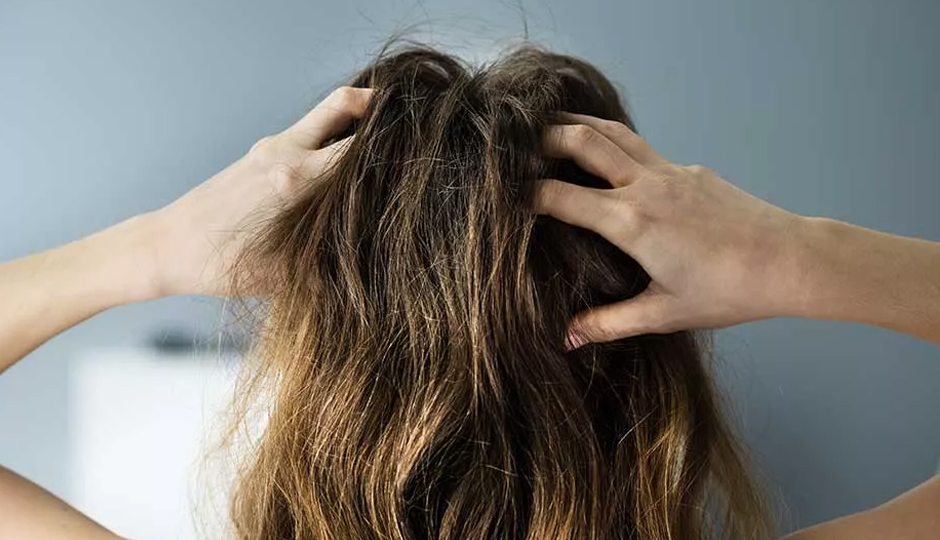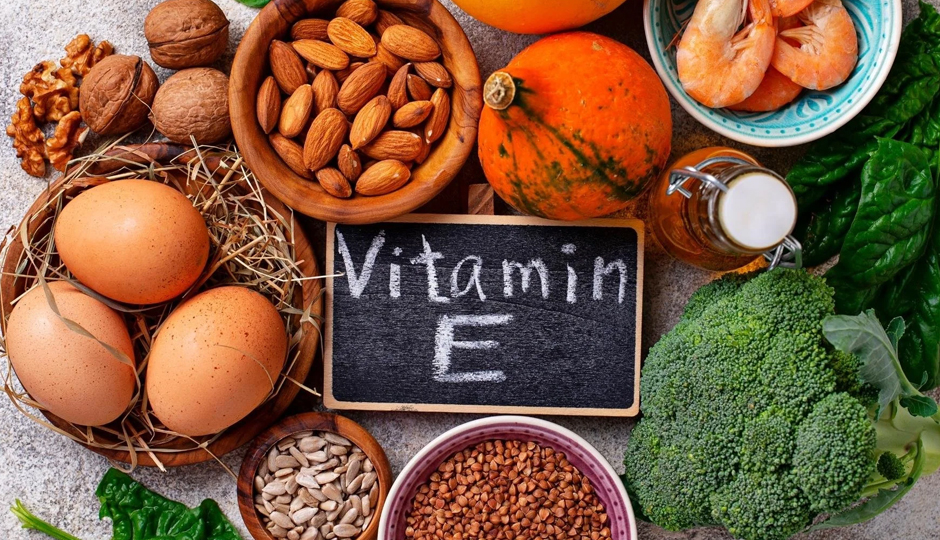- Home›
- Healthy Living›
- 6 Must Follow Do's And Don't For PMS Diet
6 Must Follow Do's And Don't For PMS Diet
By: Priyanka Maheshwari Sun, 11 Sept 2022 11:21:03

A good PMS diet can make the whole experience a lot more pleasant. For most people, PMS is only associated with sweets and chocolates. Several other foods can reduce PMS symptoms, keep you feeling fresh, and even improve your menstrual health overall.

# Eat foods that are rich in calcium
Studies have revealed the women who consume a diet rich in Vitamin D and calcium are less likely to develop severe PMS. Foods like yoghurt, cheese, milk or soy milk are great additions to your diet. You may also consider a recommended calcium supplement to manage your PMS symptoms better. Calcium and Vitamin D are known to reduce anxiety and depression symptoms and other emotional issues related to PMS.

# Never skip your meals
This is the number one rule of a good PMS diet. The hormonal changes in the body tend to affect your appetite. In most cases, they tend to cause extreme hunger pangs that can lead to unhealthy snacking or eating habits. In order to avoid that, make sure that you eat all your meals through the day. Skipping meals also reduce the blood sugar levels that increase the depressive symptoms of PMS

# Include fresh fruits and vegetables, lean proteins and whole grains in your diet
Constipation or digestive issues are common PMS symptoms. Eating foods that are rich in fibre can reduce these symptoms. It is a good idea to include various fruits and vegetables to your diet, along with whole grains like rye bread, oatmeal or brown rice.
Lean protein sources are usually rich in B vitamins. Riboflavin and thiamine, two types of B vitamins are known to reduce the risk of developing PMS. Studies showed that it is more beneficial to get your B vitamins from natural food sources instead of supplements.

# Say No to Sugar
Right there, the biggest myth of PMS is busted. Although sweet foods are comforting when you experience PMS, they must be avoided as much as possible.
During PMS, it is common to crave for sweet foods because progesterone and estrogen levels in the body are shifting. This also reduces the serotonin levels in the body. An imbalance in this neurotransmitter is known to trigger PMS symptoms and can even cause these sugar cravings.
The best way to deal with these cravings is to increase your calorie intake. Instead of loading on sugar to make up for the calorie intake, try other sources. Foods that like whole grains are a recommended calorie source for women to manage the cravings caused by PMS.

# Pay attention to the fluids you are consuming
Several studies show increased consumption of alcohol or caffeine-rich beverage during PMS. This is particularly true for women who suffer from Premenstrual Dysphoric Disorder. It is an attempt to manage the emotional symptoms that are predominant in these cases. Although there is not much evidence to support the fact that these drinks have a negative impact on PMS symptoms, it is a good idea to avoid them. Consuming water is known to reduce bloating. While this seems counterintuitive, most of the water retention during PMS is the result of excessive salt consumption.

# Avoid processed foods
As mentioned above, salts are the primary cause of bloating. Most processed foods contain salt in one form or another. Therefore, a PMS diet must consist of fresh food rich in fruits, vegetables, proteins and carbohydrates. In case you are unable to cut back on these processed foods, drink as much water as possible to get rid of excessive sodium.





